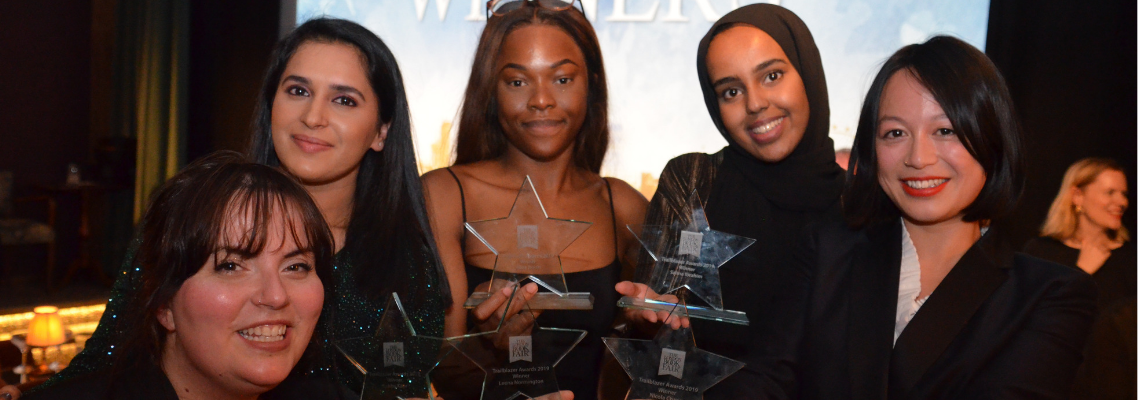Virtually the entire book industry must have thought: ‘Well, if that’s ‘the enemy’, bring ‘em on. After all, the Man Group’s investment of an estimated £25m in the Man Booker Prize and Man Booker International Prize over the last 18 years can hardly be seen as anti-books.
Its decision to pull out of sponsoring the prize received wide coverage, as did Sebastian Faulks’ comments about the Man Group being “not the sort of people who should be sponsoring literary prizes – they’re the kind of people literary prizes ought to be criticising”. He was also widely reported as referring to the hedge fund as ‘the enemy’, though many surely thought that ‘the enemy’ was that body or situation that has caused libraries to close. Faulks would agree with this of course, and later apparently retracted his remarks anyway and called Man Group ‘the good guys’. An odd few days.
The annual Winter Institute get together of US indie bookshops organised by the American Booksellers Association (ABA) wrapped up in Albuquerque, New Mexico, in a largely positive mood. ABA CEO Oren Teicher had a quietly optimistic summary of 2018. “Sales were up 5% for our member stores – for us, we had a nice year, nationally.” There was an inspiring keynote from Melinda Gates in which she said “the demand for gender equality is growing louder, and it is coming from all over the world”. Her forthcoming The Moment of Lift: How Empowering Women Changes the World is due from Bluebird/Pan Macmillan in April. Will this be a mini Becoming?
The Winter Institute also saw the raising of an issue that comes around in the UK approximately every decade or so: net book pricing. If you have trouble sleeping at night, try and think of any other consumer product that has the price as part of the product. Books have always been out on their own here. Some argue that net pricing – ie not having the price printed on books – gives booksellers the power to set their own margins, to price up if they want. Henry Rosenbloom, founder of Melbourne-based Scribe who was making his first visit to the Winter Institute, is in favour. “In Australia, we’d abolished resale price maintenance — the US approach — decades ago, and replaced it with our recommended retail price system, which enables booksellers to raise or lower the list price,” he said. “Today, the average price of a paperback is about A$29.95,” higher than in the US, and he went on to suggest that the higher margins provided by the higher prices make for a healthier bookselling environment.
But interestingly – and perhaps understandably – a show of hands from the floor was not enthusiastic. With indie figures positive in the US at the moment why rock the boat?
Congratulations to all the winners of The London Book Fair’s Trailblazer awards, run in partnership with the Publishers Association and BookBrunch. They are: Hena Bryan, founder, Bryan House Publishing; Nicola Chang, agent at the Good Literary Agency; Salma Ibrahim, founder, Literary Natives; Sabby Kaur, content licensing manager, Emerald Publishing; and Leena Normington, digital content producer, Vintage Penguin Random House. The industry is watching you!
There was a nostalgic evening at Waterstones Piccadilly where the chain’s founder Tim Waterstone launched his memoirs, The Face Pressed Against a Window. This was very much a ‘family’ affair. The book is published by Atlantic, whose MD Will Atkinson was a Waterstone manager for many years. The Waterstone class of 1990-ish was out in force, among them John Mitchinson, now at Unbound; Paul Baggaley now at Picador; and Kate Gunning now at Penguin Random House. Atkinson said: “Working [at Waterstones] was extraordinary – we were given so much freedom and opportunity…The legacy is remarkable and tangible. The chain is 282 shops, running mostly along the lines of the original Tim thinking, with some James Daunt savoir faire on top.”
Authors at the party included Antony Beevor and Julian Barnes, while former PRH Chair Baroness (Gail) Rebuck was among those for whom Waterstone signed a copy. He concluded his speech with his voice beginning to break with emotion: ‘It’s not just that Waterstones is a cultural symbol. It’s more than that. I believe the nation’s cultural good health would not have been the same without us. And I am very proud of that. And I am very proud of Waterstones.’
There were many cries of “Hear hear”.

Roger Tagholm writes our Snapshot of the Week.

